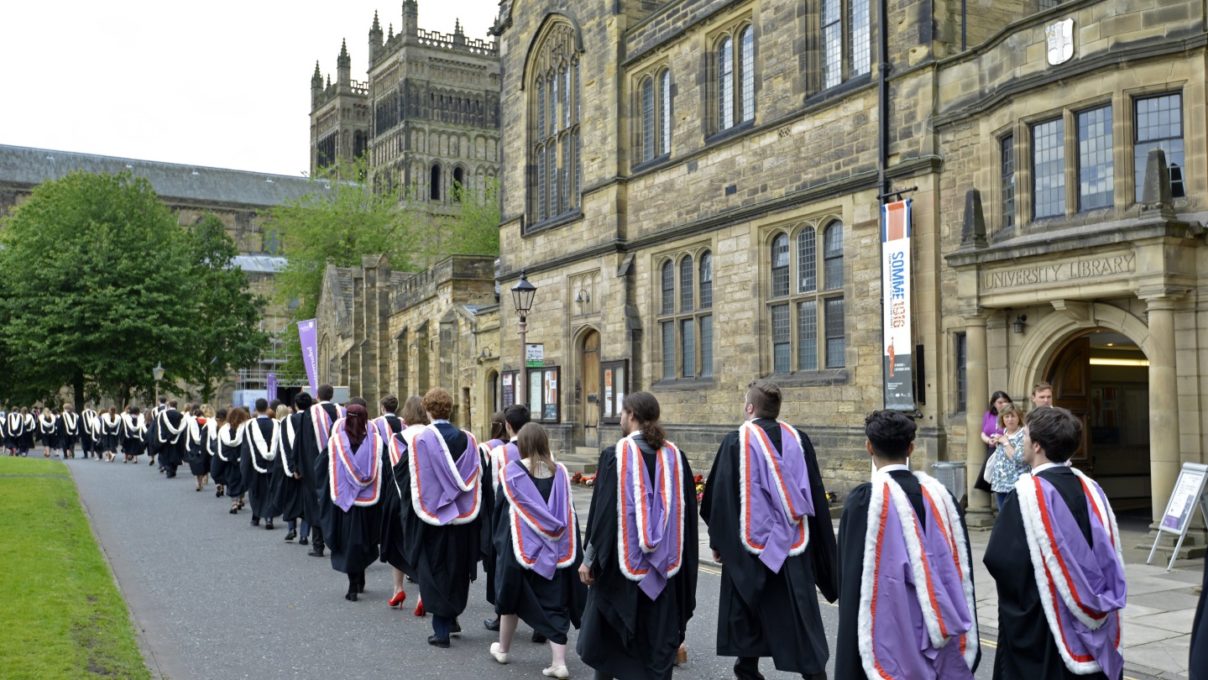Goodbye AIED’22!
Latest News:
Thank you all for participating in the first hybrid AIED conference!
Check more on Twitter on AIED !!
Please find the proceedings at Proceedings – AIED2022 (durham.ac.uk).
Congratulations to the Best Paper Nominee and Best Papers (All student papers!!!) – AIED2022 (durham.ac.uk)
You can still revisit the highlights and talks on WHOVA.
AIED 2022: The 23rd International Conference on Artificial Intelligence in Education, 27-31 July, Durham University, UK (Co-located with EDM 2022)
(the conference will be run in a hybrid way with activities both onsite, at the The Teaching and Learning Centre (TLC) and online).

Welcome to AIED 2022 at Durham University, organised jointly by the Computer Science Department and the School of Education!
The conference theme is: AI in Education: Bridging the gap between academia, business, and non-profit in preparing future-proof generations towards ubiquitous AI.
The conference sets the ambitious goal to stimulate discussion on how AI shapes and can shape education for all sectors, how to advance the science and engineering of intelligent interactive learning systems, and how to promote broad adoption. Engaging with the various stakeholders – researchers, educational practitioners, businesses, policy makers, as well as teachers and students – the conference will set a wider agenda on how novel research ideas can meet practical needs to build effective intelligent human-technology ecosystems that support learning.
AIED is the next in a longstanding series of international conferences for high quality research in intelligent systems and cognitive science for educational computing applications (Core A ranked). It is run by the prestigious International AIED Society (International AIED Society (iaied.org)). The conference provides opportunities for the cross-fertilisation of approaches, techniques and ideas from the many fields that comprise AIED, including computer science, cognitive and learning sciences, data mining, education, game design, psychology, sociology, linguistics, as well as domain-specific areas. Since the first AIED meeting over 30 years ago, both the breadth of the research and the reach of the technologies have expanded in dramatic ways. Starting with AIED 2013, there is a category for Industry Papers that explore the challenges, solutions, and results from the transition of AIED technologies to the commercial sector.
See Call for Papers here.
